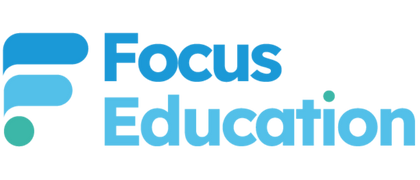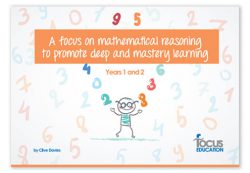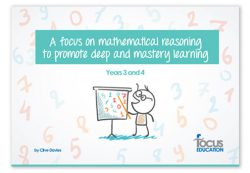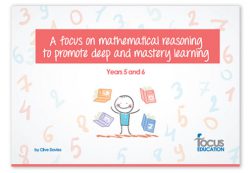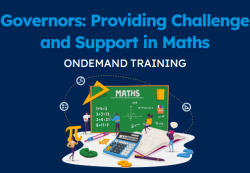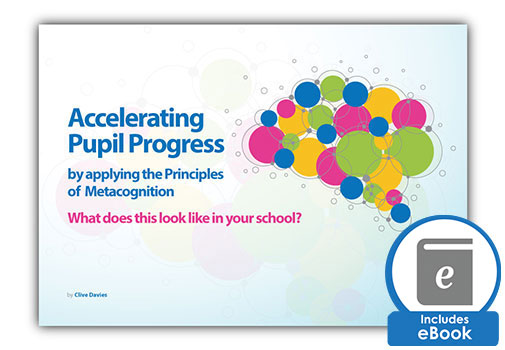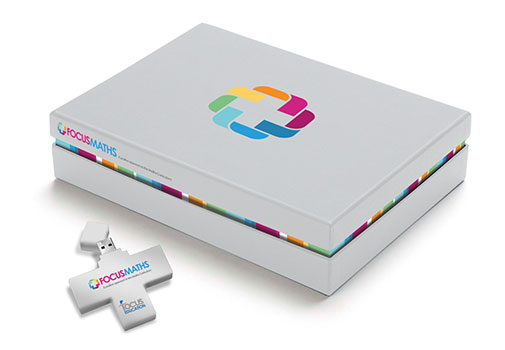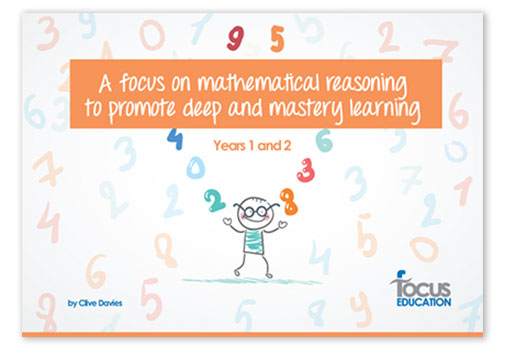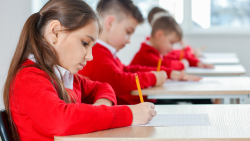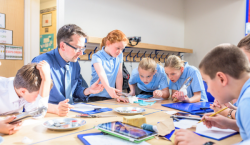
The value of evaluating mathematics from a pupil’s perspective
As part of my consultancy work in schools I have found myself having many discussions with headteachers, principals and subject leaders about the breadth and balance of their curriculum.
Maths has emerged as one subject that sits very much alone in the timetable, and more importantly in children’s perceptions, compared with English – its more cross-curricular friendly relation. I am not suggesting a return to the extremely tenuous links that existed in some topic web planning of yesteryear, but school leaders and maths leaders may wish to give some thought to how the children themselves view the subject and therefore their potential to demonstrate mastery in mathematics.
Welcome to Typical Primary Academy
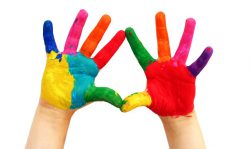
‘Our broad and balanced curriculum is designed to enable the children to acquire and then apply basic skills across a wide range of subjects.’
This is an example of the kind of statement that appears in many a school or academy’s prospectus, website and self-evaluation. And this is no surprise of course. We want the children to learn basic skills and then apply them in a range of meaningful contexts.
How do children view subjects?
Over the last year or so I have been interested in exploring this from the children’s point of view. It may sound clichéd, but it is a privilege to work in so many schools all across the country and often to work with and meet the children. So I have been asking children about the opportunities they have to learn to write, read, speak and learn mathematics. Then I have asked them about when they have used these skills, knowledge and this understanding.
In Key Stages 1 and 2, I have asked something along the lines of, “Okay, so you have English and maths lessons every morning. Can you tell me when else you have written/read/spoken to an audience/used maths this week/during this topic?” In Reception classes we have normally had a chat about where and when the children have been writing, or reading, or talking, or counting or sorting.
Now, please bear in mind this is not valid research; it is just me asking children from Reception to Year 6 in a random selection of schools and academies whenever the opportunity has arisen and time has allowed. Nevertheless, the responses have been interesting.
Writing, writing everywhere…
Nearly all the children I have spoken to see writing as something they learn about and practice in English or Literacy lessons, and then they are normally keen and able to describe or show a wide range of their writing in various subjects. This can be in other exercise books or on display.
Typically they will show the biography they wrote of a historical character which is in the class ‘Big Book’; the report they wrote about a visit to a place of worship in RE; the playscript they are writing for the end of term production; the explanation they wrote which is on display in the hall about the water cycle as part of their unit of work on ‘Rivers’…
You probably get the idea, and so do the children. The idea of acquiring skills and knowledge in writing and then applying these across other subjects does happen and the children generally understand this.
‘Get your reading book out if you’ve finished’
Children’s perception of reading tends not to be as wide ranging. They often talk about guided reading sessions and adults modelling reading in English lessons, normally in the mornings. Then they mention reading as part of homework. Reading at other times and in other subjects is often something along the lines of, “We had to go and find information about volcanoes from the library last week” or “We read about an artist when we’d finished painting.” Compared to their perception of writing across the curriculum, reading is reduced in terms of application.
Speak up so they can hear you at the back
Spoken Language is similar to reading as far as many children are concerned. They realise it is something specific to be concentrated on in some English or literacy lessons when this has been made explicit by their teacher, and after some prompting and racking of brains have often provide a few examples of when they have used spoken language skills in other subjects, normally to present information to their peers.
Maths? What’s the point?
Which leaves maths.
Reception children can often talk about the sorting, measuring and counting they have done in various areas within the setting. Maths in their eyes is often all over the place, and I mean that in a very positive way! But once children are in Key Stage 1 and then into Key Stage 2 they see maths very much as something, “we do from 9.30 to playtime.” Even with some prompting the children often find it hard to come up with examples of the application of maths in other subjects or times of the day beyond the timetabled maths lesson. If they do, it is frequently to show tables or graphs in their science books.
All basic skills, or just the one?
I believe these sorts of responses are worth considering. Does the statement made by a setting about the curriculum enabling the children’s acquisition and application of basic skills across the curriculum really mean basic skills, or does it mean writing? Perhaps ask your children and see what they say. Or better still, ask governors to ask the children. It can help if someone one step removed from the school asks the questions.
Bear in mind that the new School Inspection Handbook (June 2015) states:
Inspectors will consider how well teaching…
-
enables pupils to solve a variety of mathematical problems, applying the mathematical knowledge and skills they have been taught;
-
enables pupils to apply their mathematical knowledge and skills in other subjects in the curriculum, where appropriate.
Supporting the maths curriculum
It was on the basis of these sorts of statements and also on what children have been telling me in schools that I wrote the Maths Learning Challenge Curriculum. It is a list of questions based on the relevant mathematics programmes of study that teachers could include within their geography, history or science units. I deliberately wrote the questions based on the number content for each year group and avoided the statistics because it is the number that appears to be missing from children’s perception of maths across the curriculum.
School leaders may also wish to consider how the Teacher’s Standards, which includes the section, ‘A teacher must demonstrate good subject and curriculum knowledge’, is referenced in terms of how teachers ensure the teaching of the application of maths across the curriculum.
Mastery in maths can only be developed through opportunity
Finally, my colleagues and I are doing more and more work in schools and academies around the concept of mastery. I would suggest that developing children’s application of maths (especially number) and their understanding of how it can be used is an essential element of developing mastery level understanding. Opportunities for this across the curriculum and across the school day shouldn’t be missed! You can see this in our range of Mastery in Maths books.
Continue the Conversation
If you still have questions about balancing the maths curriculum or want to talk about different options, see the rest of the website or get in touch with the Focus Education office on 01457 821 818.
Related Publications
Tim has been a headteacher with a successful track record; his last school had a reputation for innovation and their initiatives have been utilised by others and presented internationally.
School improvement has been at the heart of his career, working as an LLE, a School Improvement Partner, Professional Partner as well as an Ofsted inspector and mentor for trainee inspectors.

